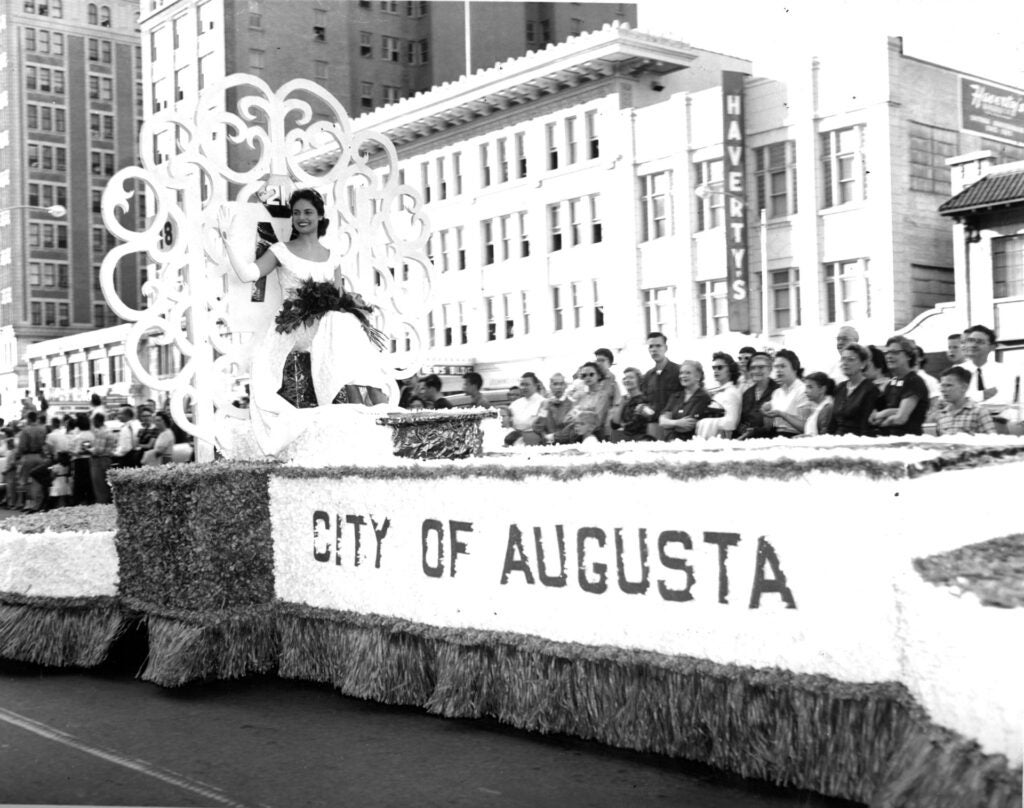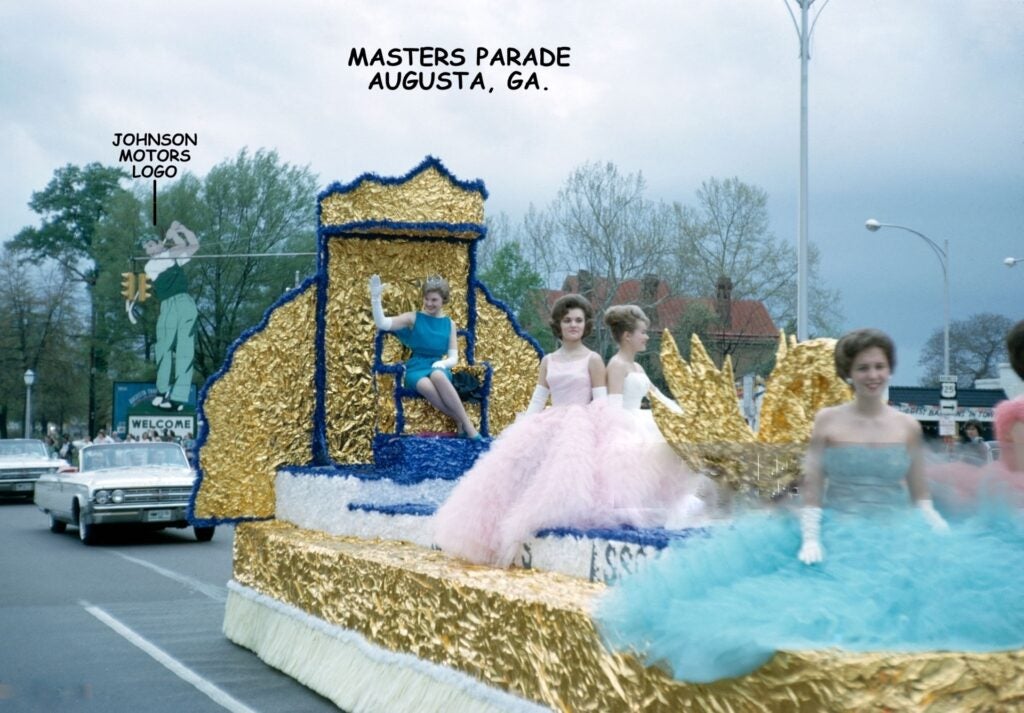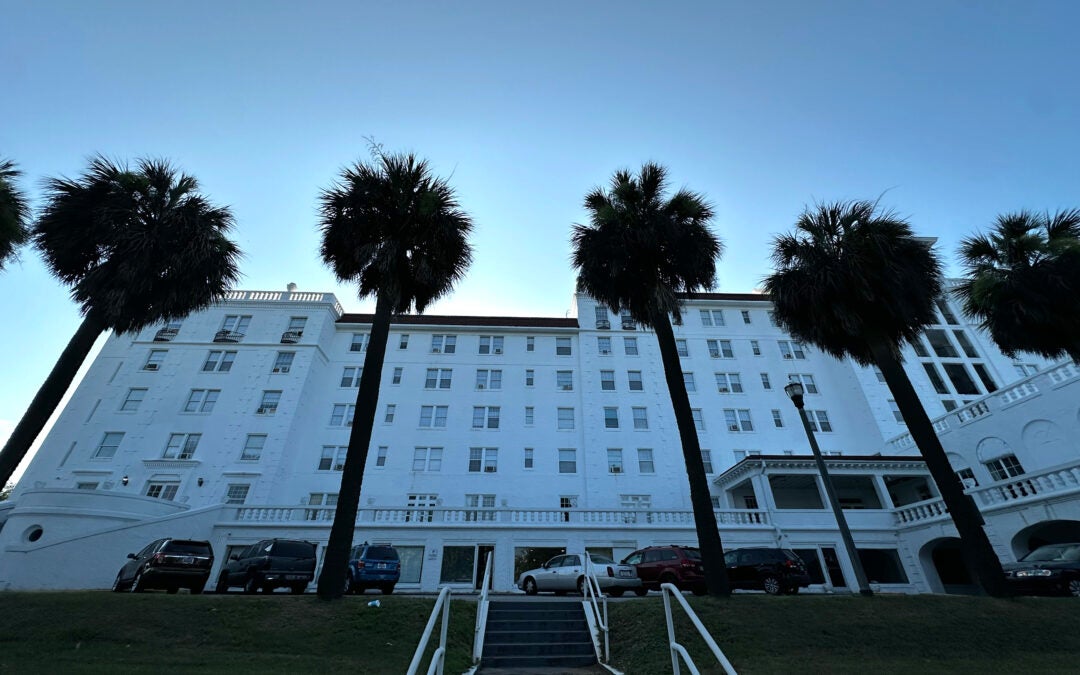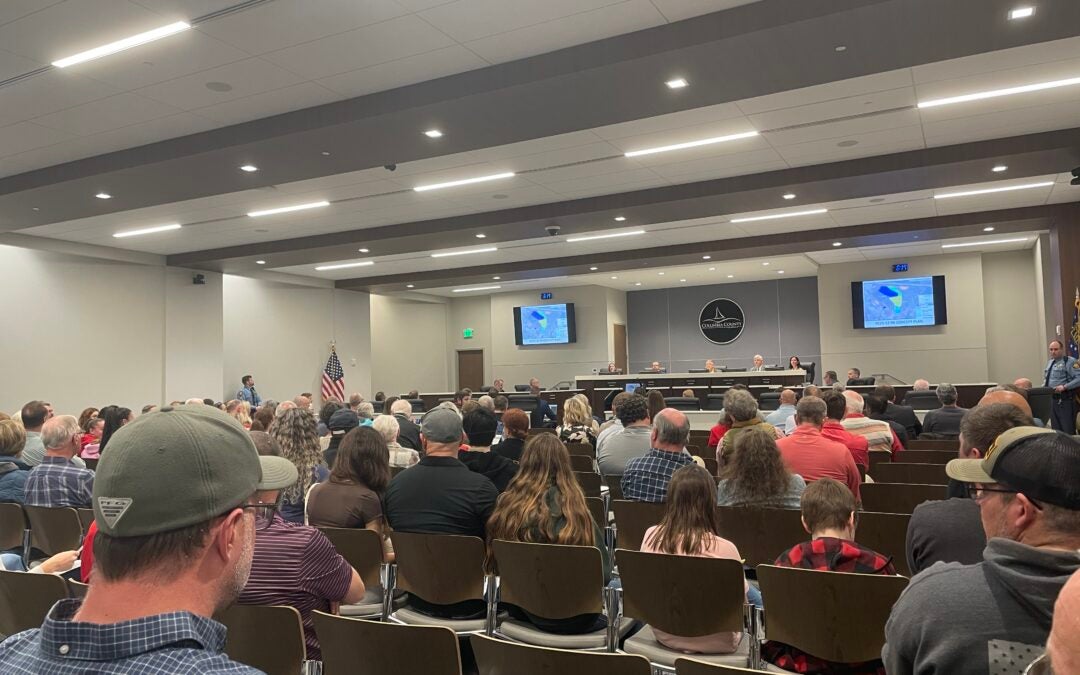Historians enjoy pointing out that Medieval era peasants had more free time and enjoyed more community events such as festivals and parades than the modern people of today.
The contemporary calendar has only 11 days throughout the year that are official federal holidays, not counting holidays such as Cinco de Mayo or St. Patrick’s Day which are celebrated as holidays, but not recognized by Washington, D.C. as being official.
In contrast, according to the Reading Museum in the UK, medieval peasants celebrated some sort of holiday or festival 116 days out of the year. Christmas was a holiday period that lasted the full 12 days, which is one day more than all the modern federal holidays combined.
One does not have to travel that far back in history to note that the people of Augusta, once upon a time, used to fill in the calendar days with all types of festivals and parades.
Augustans of yore, it appears, found something or someone to celebrate almost every month and offices throughout the garden city would close and the staff would head out for Broad Street to participate in the revelry.
What eventually became known as Bicentennial Park, which spanned the middle of Broad Street from 6th Street to 10th Street was where people gathered to celebrate the holiday de jour.
According to Don Rhodes, author of the book “Entertainment in Augusta and the CSRA,” all the way up through the late 1980s, notable local people were celebrated with roasts where civic leaders would razz each other.
Of course, depending on how much alcohol was served, the roasts could get rather bawdy, but it was all in good fun.
Not only did Augustans recognize and celebrate locals, anytime a celebrity, such as Charley Chaplin, came to town, it was a good excuse for a parade or, at least, a celebration of some kind.
Not much has changed in Augusta when it comes to the first week in April. In the 1950s and 1960s, community leaders wisely promoted and helped build national interest in the fledgling Masters Tournament by holding a slew of events, including a “Masters Parade” and a “Miss Masters Beauty Pageant.”
Back in the day, practice round tickets were tossed into the crowds like Mardi Gras beads and the events were not only meant to promote the sporting event, but served to promote civic pride and also attract new business investments.
The annual Masters Parade was the quaint forerunner to today’s Masters Red Carpet Tour and Mayor’s Masters Reception.
Prior to the annual “toonament,” Cotton was king in the south and Augustans celebrated accordingly. Throngs of people would line up at the Cotton Exchange and all down Broad Street as horse-drawn carriages piled high with cotton paraded up and down the strip.
Photographs from the early 20th Century shows that farmers continued the tradition of the Cotton Parade even while the South was being decimated by the effects of the boll weevil, as if it were some pagan ritual to ward off the hated menace.


Long before city leaders considered trees a threat and began chopping them down, trees were a major part of the Christmas experience in Augusta.
The annual tree festival not only put the spotlight on Christmas trees, but people would also show off their handmade wreaths and gingerbread houses. The decorations all over downtown weren’t the limp looking tinsel of today, but rather each and every block, every light pole and storefront window dazzled with displays.
The heyday of the Tree Festival was also the period in America when gasoline was as cheap as tap water and, thanks to the Clarks Hill, electricity cost mere pennies each month. No Christmas season would be complete without the family piling into the station wagon and going on an informal parade of sightseeing for Christmas lights.
In those days, neighbors would attempt to out-Griswold the Griswolds with dazzling displays in National Hills, Harrisburg and Summerville; old timers will certainly remember the Godfather of Soul, James Brown’s huge Black Santa proudly gracing his front yard when he lived on Walton Way.
Long before there was a Black History Month, Augustans celebrated the achievements and cultural contributions of African-Americans with the Augusta Black Festival, of which there was plenty of soul food and funky music.
According to Rhodes, one fixture at the Black Festival for many years was one of James Brown’s close friends, Leon Austin, who was wildly popular in the 1950s as the front man for his band, the Buicks.
While the Black Festival is now a thing of the past, Augusta still celebrates its Black heritage through the Juneteenth celebration and Martin Luther King Day parade.
Augustans have always celebrated St. Patrick’s Day and the Fourth of July with parades, but those weren’t the only dates that deserved a community celebration; nearly every major school, from Paine Collage to Richmond Academy held homecoming parades that attracted supporters and rivals alike. The biggest parade event of the year was always the annual Christmas Parade.
Unlike today’s largely milquetoast Christmas parade, people would spend weeks designing and building floats featuring candy canes and fake icicles and would show them off along with the marching bands, classic cars, Shriners on their go karts and a Santa on every corner.
Augustans of the past may not have had modern electronic miracles we take for granted, but they sure knew how to throw a party. While the Cotton parade may be a thing of the past, Arts in the Heart and the Westabou Festival still attract large crowds and shuts down several city blocks each year displaying the arts and culture of the CSRA.
…And that is something you may not have known.
Scott Hudson is the Senior Investigative Reporter, Editorial Page Editor and weekly columnist for The Augusta Press. Reach him at scott@theaugustapress.com












